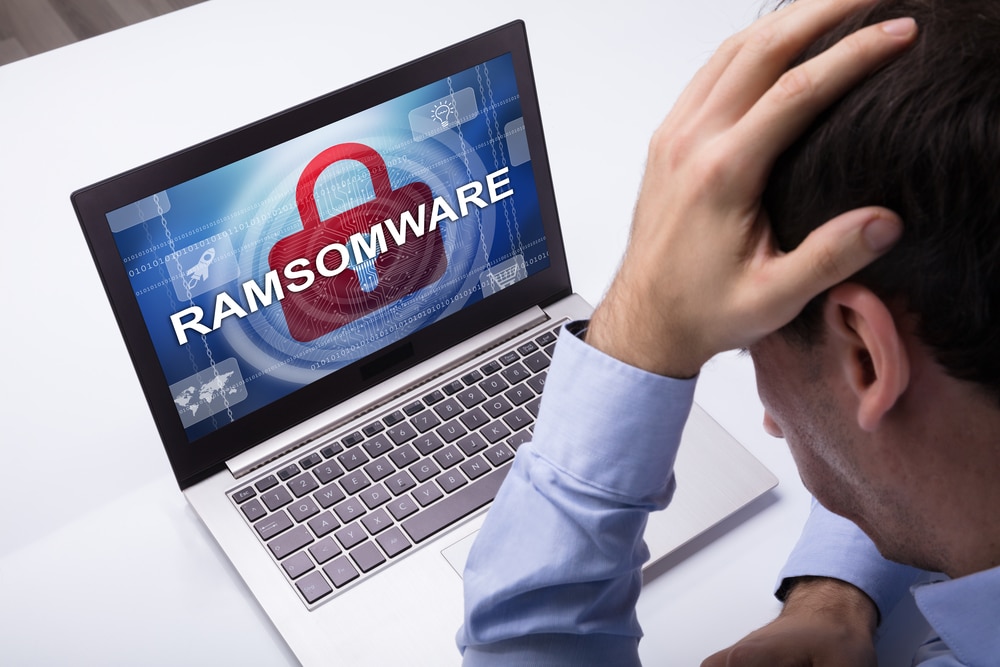
Ransomware: Recovering after an attack
Ransomware attacks have existed for decades and their perpetrators keep advancing in their abilities. By evading detection, encrypting user files, and coercing unsuspecting victims into paying ransoms, ransomware attackers have threatened the survival of many businesses. The first half of 2022 recorded a total of 236.1 million ransomware attacks across the globe.
The most popular types of ransomware attacks are crypto and locker ransomware. The crypto ransomware encrypts a user's data making it inaccessible until the individual pays the ransom, usually in bitcoin. On the other hand, locker ransomware works by blocking the user's access to the computer system and will not give access until an amount is paid. Despite the security measures businesses put in place, ransomware threats are still on the increase which is why businesses must have a ransomware recovery plan to minimize catastrophic effects.
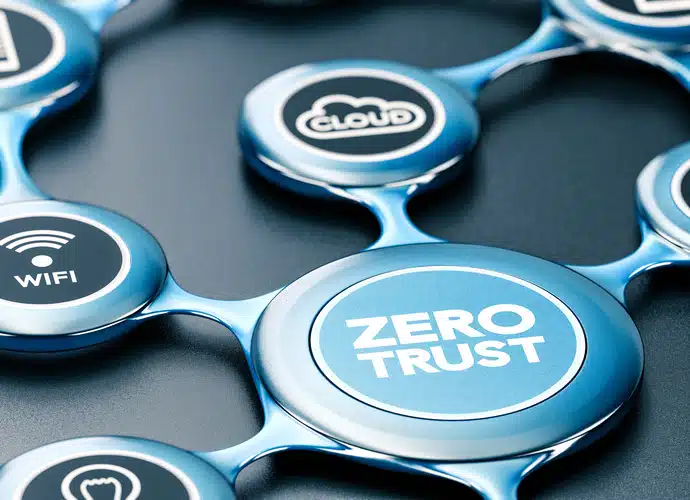
Different ways of building corporate systems based on the zero trust architecture
The corporate infrastructure of US government agencies will soon be transferred to a new network security model called Zero Trust Architecture (ZTA). Last year, U.S. President Joe Biden released an Executive Order on Improving the Nation's Cybersecurity. Later, on January 26, 2022, the Federal Government released a Federal Zero Trust Architecture (ZTA) strategy memorandum that sets the rules for the construction of a new IT infrastructure for government agencies and organizations in accordance with the ZTA strategy.
In this article, I want to look at the fundamental changes that the new paradigm brings, replacing the secure perimeter model, which has so far been the base for the construction of corporate IT systems.

Facial recognition -- the good, the bad and the getting older
Your friends may not be willing to tell you that you're looking older, but facial recognition systems have no such reservations.
Face-recognition algorithms might struggle to identify you as the same person after just five years, according to the New Scientist.

Twilio hack led to compromise of 2FA app Authy
Earlier this month, messaging service Twilio suffered a serious data breach following a "sophisticated social engineering attack". After using phishing attacks on company employees, hackers were able to access user data, but it seems that the impact of the hack was more widespread.
Twilio has now revealed that the attackers also compromised the accounts of some users of Authy, its two-factor authentication (2FA) app. Although the number of users affected by the breach is relatively small, the implications are very serious and will dent confidence in the company.
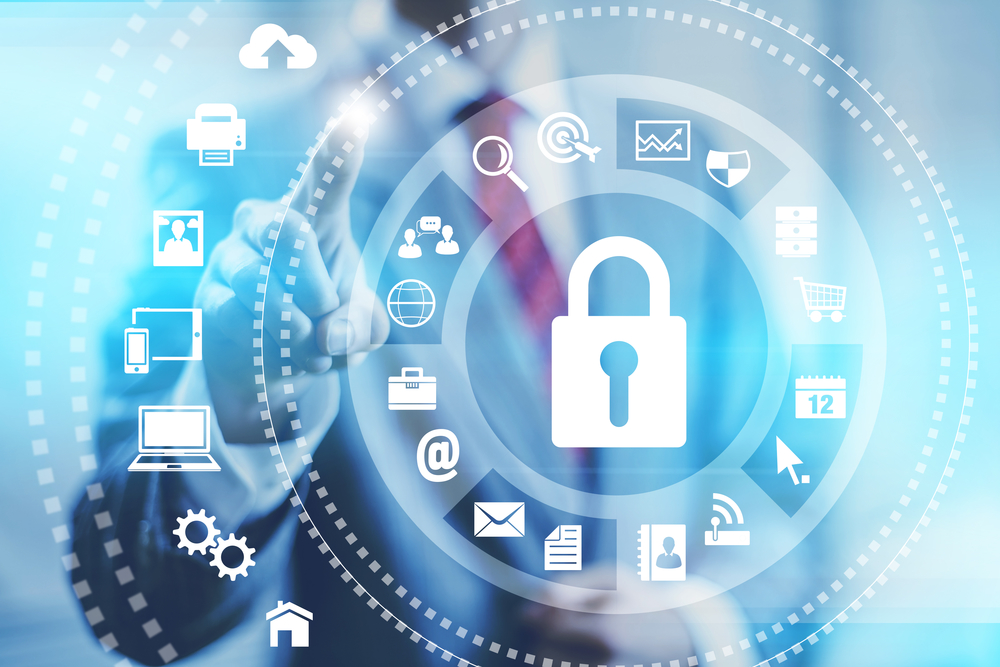
Taking a holistic approach to application security [Q&A]
Application security is becoming mainstream, and that's a good thing as it means that security testing is becoming an embedded aspect of the software development life cycle (SDLC). It also means that automated security testing tools are becoming faster, more sophisticated, and better integrated, so they're less likely to slow down developers or burden them with too many trivial findings or false positives.
But as good and necessary as AppSec testing tools are, it's not nearly enough simply to buy them and run them -- you need to buy the right ones and configure them correctly so that they help build security into your SDLC without bogging it down. It's important to implement a security strategy and a plan. It’s also important to employ developers with the skills to build trust into your software -- a concept known as 'holistic AppSec'.
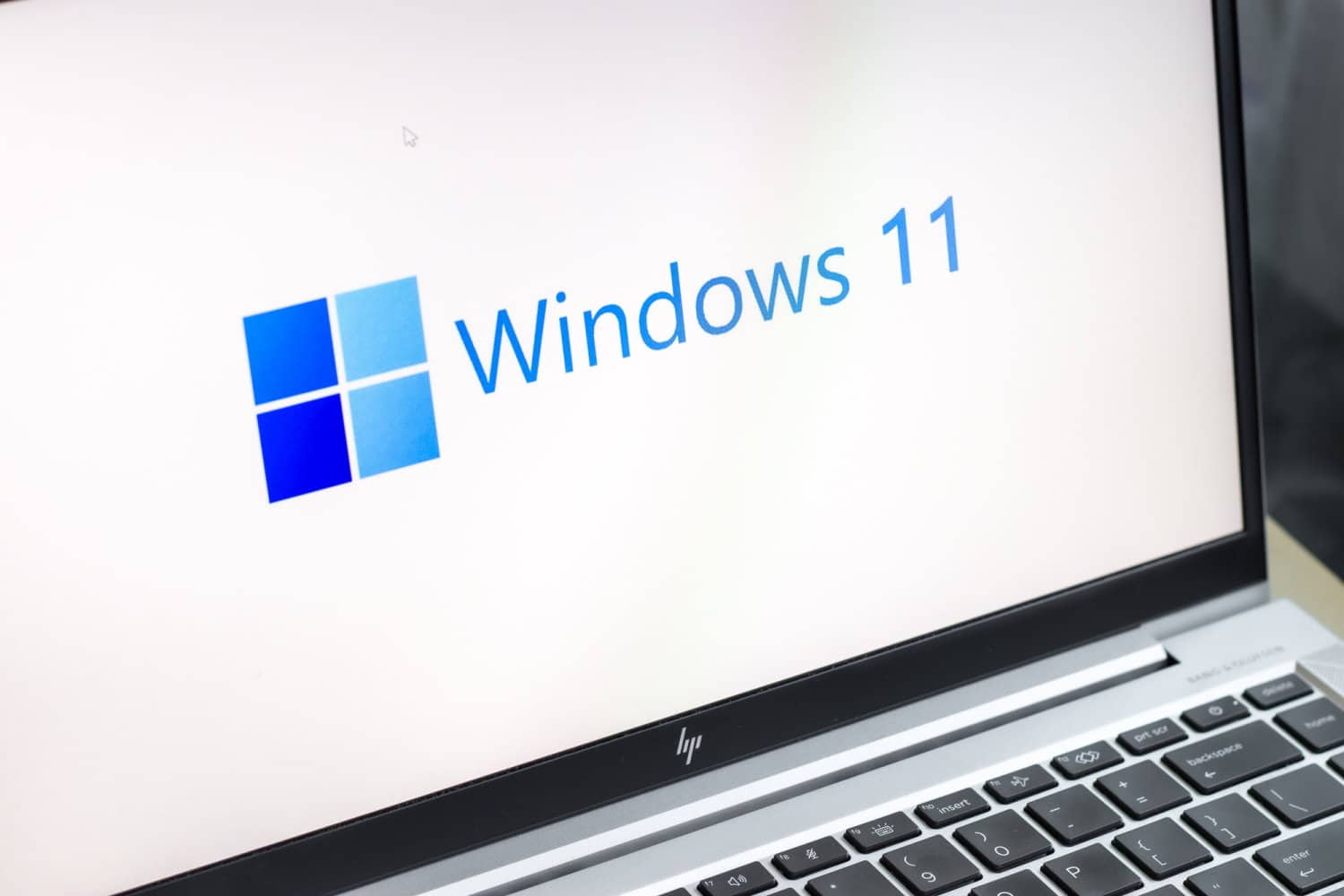
Microsoft explains the SMB compression changes introduced by Windows Server 2022 KB5016693 and Windows 11 KB5016691 updates
Last week, Microsoft released previews of updates for various versions of Windows before it unleashes the final versions next Patch Tuesday. Included among these was the KB5016691 update for Windows 11 which --although billed primarily as a bug-fixing update -- added new Server Message Block (SMB) compression options.
The same changes were introduced to Windows Server 2022 with the KB5016693 update, and Microsoft has published details of just what the changes mean, as well as explaining how to take advantage of the new options and settings.
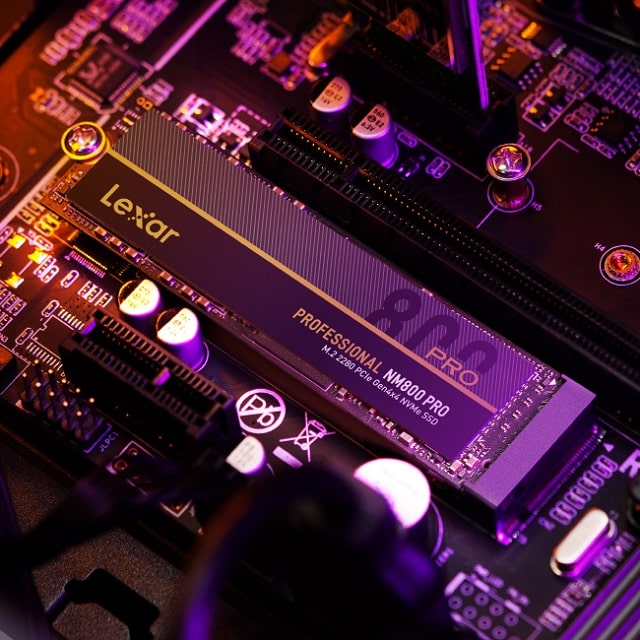
Lexar launches Professional NM800 PRO NVMe SSD for PC and Sony PlayStation 5
M.2 solid state drives are great options for both laptops and desktop PCS. Hell, if you add such a drive to a compatible enclosure (such as this one), you can transform it into a portable SSD too. But did you know you can upgrade the storage of your PlayStation 5 video game console by adding an M.2 drive?
And now, Lexar has a new M.2 SSD that is designed for both PC and Sony PlayStation 5. Called "Professional NM800 PRO," this PCIe Gen4x4 M.2 2280 SSD offers impressive speeds and is being offered either with or without a heatsink.
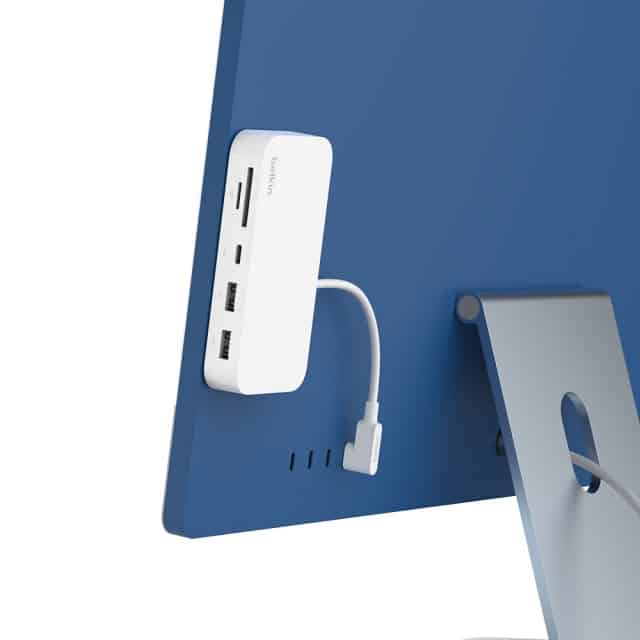
Belkin launches CONNECT USB-C 6-in-1 Multiport Hub with Mount for Apple iMac
USB-C docking stations and hubs are a dime a dozen these days. There are so many such products that can transform a single USB-C port into several others. Quite frankly, it is almost impossible to get noticed with such an adapter these days.
With all of that said, a new USB-C adapter from Belkin has managed to grab my attention. Called "CONNECT USB-C 6-in-1 Multiport Hub with Mount," it has a unique feature that I find quite neat. You see, the "mount" in the product's name indicates that it can be attached to the back of a computer, such as Apple iMac.
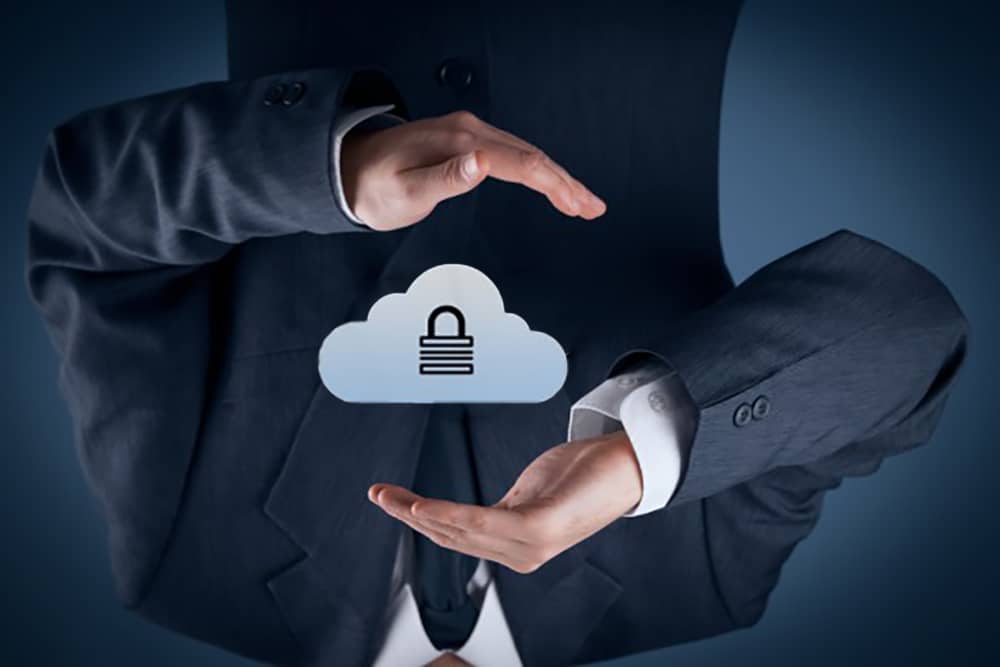
How cloud computing turned security on its head
When an organization migrates its IT systems to the cloud -- and builds new applications in the cloud -- it relieves its security team of the responsibility of building and maintaining physical IT infrastructure. The shared security model of cloud dictates that cloud service providers (CSPs) such as Amazon Web Services (AWS), Google Cloud, and Microsoft Azure are responsible for the security of the physical infrastructure. Their customers are responsible for the secure use of cloud resources.
But embracing the cloud for building and managing new applications means security teams cannot deploy the traditional security technologies and processes they’ve long relied on to thwart cyberattacks. Cloud computing represents a paradigm shift in their roles and responsibilities and their approach to protecting sensitive data against falling into the wrong hands.
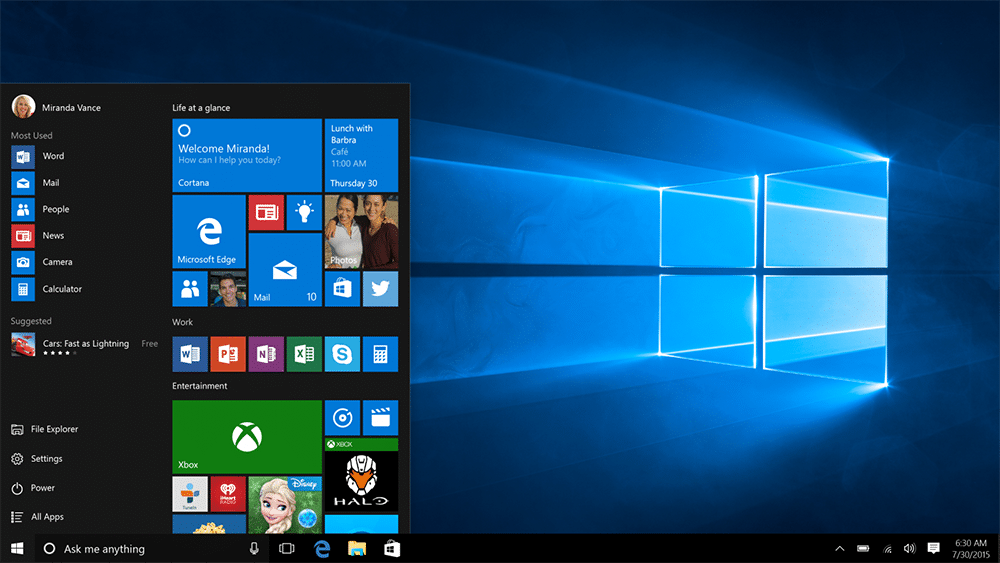
Microsoft releases KB5016688 update to fix a slew of Windows 10 problems
Microsoft's focus may well be Windows 11 and the upcoming Windows 12, but that does not mean that people who have opted to stick with Windows 10 have been forgotten. Having released a preview of the KB5016691 update for Windows 11, the company has also released KB5016688 update for Windows 10.
Available for Windows 10 versions 20H2, 21H1 and 21H2, the KB5016688 update is a preview of the cumulative update that will be released next Patch Tuesday. Although this is a non-security update, it fixes a large number of issues with Windows 10

YouTube TV let me watch New York Mets games from the middle of the Atlantic Ocean while on a Royal Caribbean cruise
With COVID-19 pretty much over now, I decided to take my first vacation since the pandemic started (I am vaccinated and double-boosted). And so, I booked a Royal Caribbean cruise to Bermuda (Enchantment of the Seas) that left from Baltimore. I returned from that vacation this week -- the trip was quite lovely, as is typical with Royal Caribbean.
Believe it or not, this was my 10th Royal Caribbean cruise! Normally, I would use it as an opportunity to unplug from the internet and relax offline. This time, however, things were a bit different. You see, I adopted a chihuahua from a shelter a few years back, and I wanted to keep an eye on her by way of Wi-Fi cameras. She's a great dog, but very scared and skittish -- I needed to know she was OK at all times.

Know the benefits of becoming a sustainable business
In business, sustainability refers to doing business without negatively impacting the environment, community, or society. Sustainability in an industry generally addresses two main categories: The effect business has on the environment and the effect business has on society.
Making environmentally conscious decisions is unavoidable for business and sustainability because it can impact the environment.
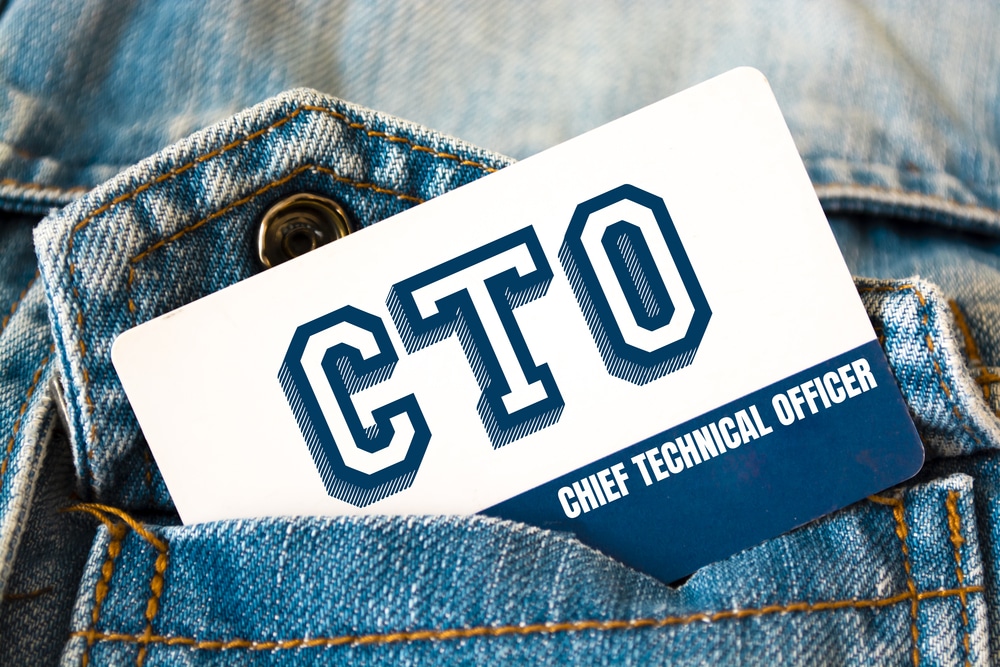
How to ensure a smooth transition as a new CTO
Beginning a CTO role can be a daunting prospect, especially if you’re completely new to the company. There are lots of plates to spin, people to meet and ways of working to get used to, so it’s crucial you’re on top of your game from the outset.
In effect, those first few months in the position are about learning as much as possible in a short space of time. This learning process should encompass all elements of the business, including the company itself, its culture and your colleagues. Below, we have outlined six key areas that new CTOs can focus on, to make your transition into the role as smooth as possible.
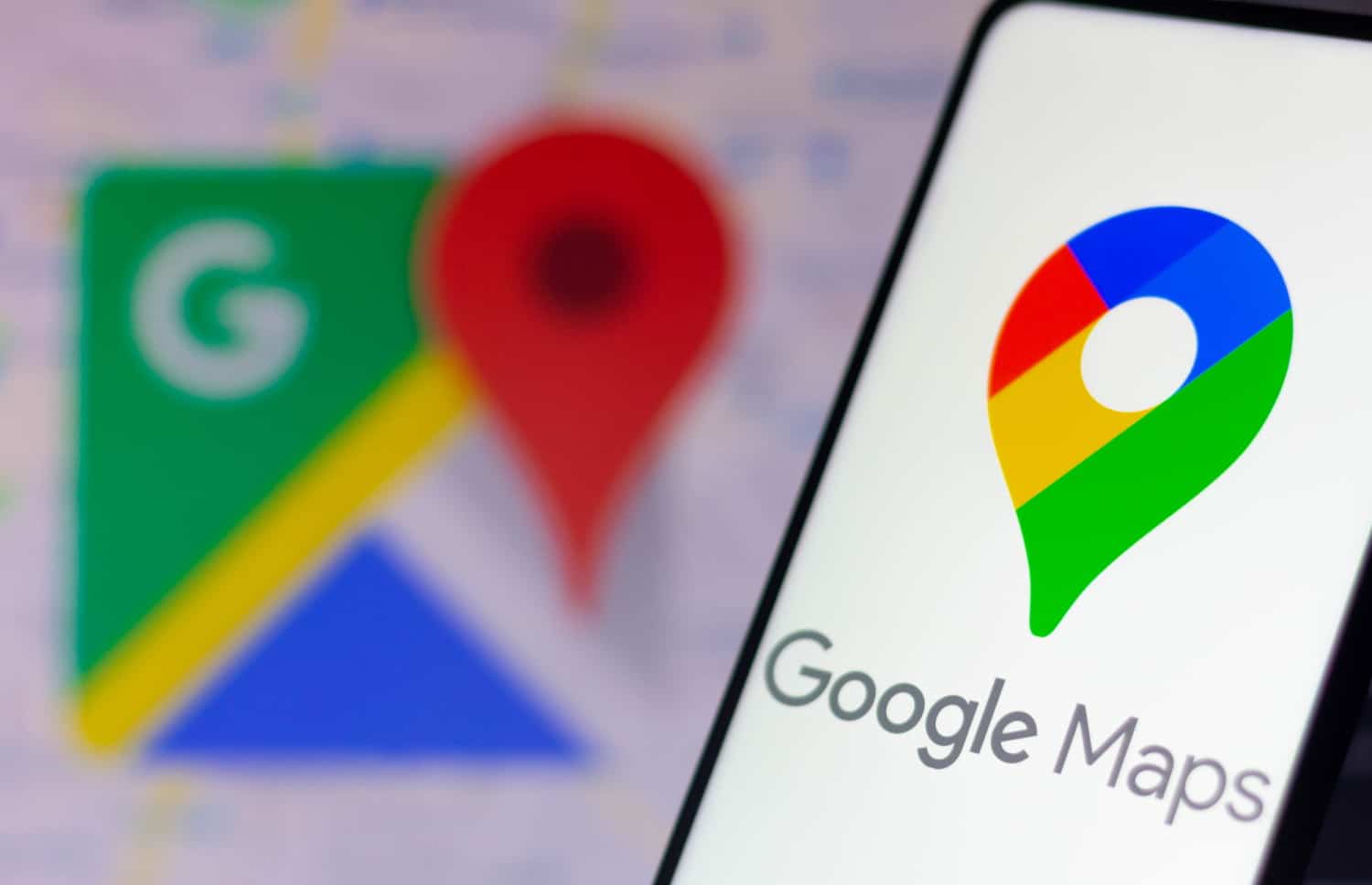
Google to clearly label healthcare facilities that offer abortions
In the wake of the overturning of Roe v Wade earlier in the year which made it much more difficult for many people to access abortions in the US, numerous tech company leapt to offer help and support to their customers and employees. Having already introduced a feature that automatically deletes abortion clinic visits from location history, Google is now taking things a step further.
In both Google Search and Google Maps in the US, the company is adding labels that make it clear that particular medical facilities provide abortion services.

TP-Link Deco XE75 Pro Wi-Fi 6E tri-band mesh system has Multi-Gig Ethernet
Back in April, we told you about the Deco XE75 -- an affordable Wi-Fi 6E tri-band mesh system. TP-Link's AXE5400 wireless networking system comes with two 802.11ax access points, each with three Gigabit Ethernet ports. At just $299.99, it is quite a great value.
Today, TP-Link launches a "Pro" version of the Deco XE75. Yes, the name of this product is "Deco XE75 Pro." Why exactly does this new product get a "Pro" moniker? Well, it has one significant upgrade over the non-Pro variant -- a multi-gig port. You see, rather than have three Gigabit ports, each access point features two Gigabit LAN ports and one 2.5G WAN/LAN port.



